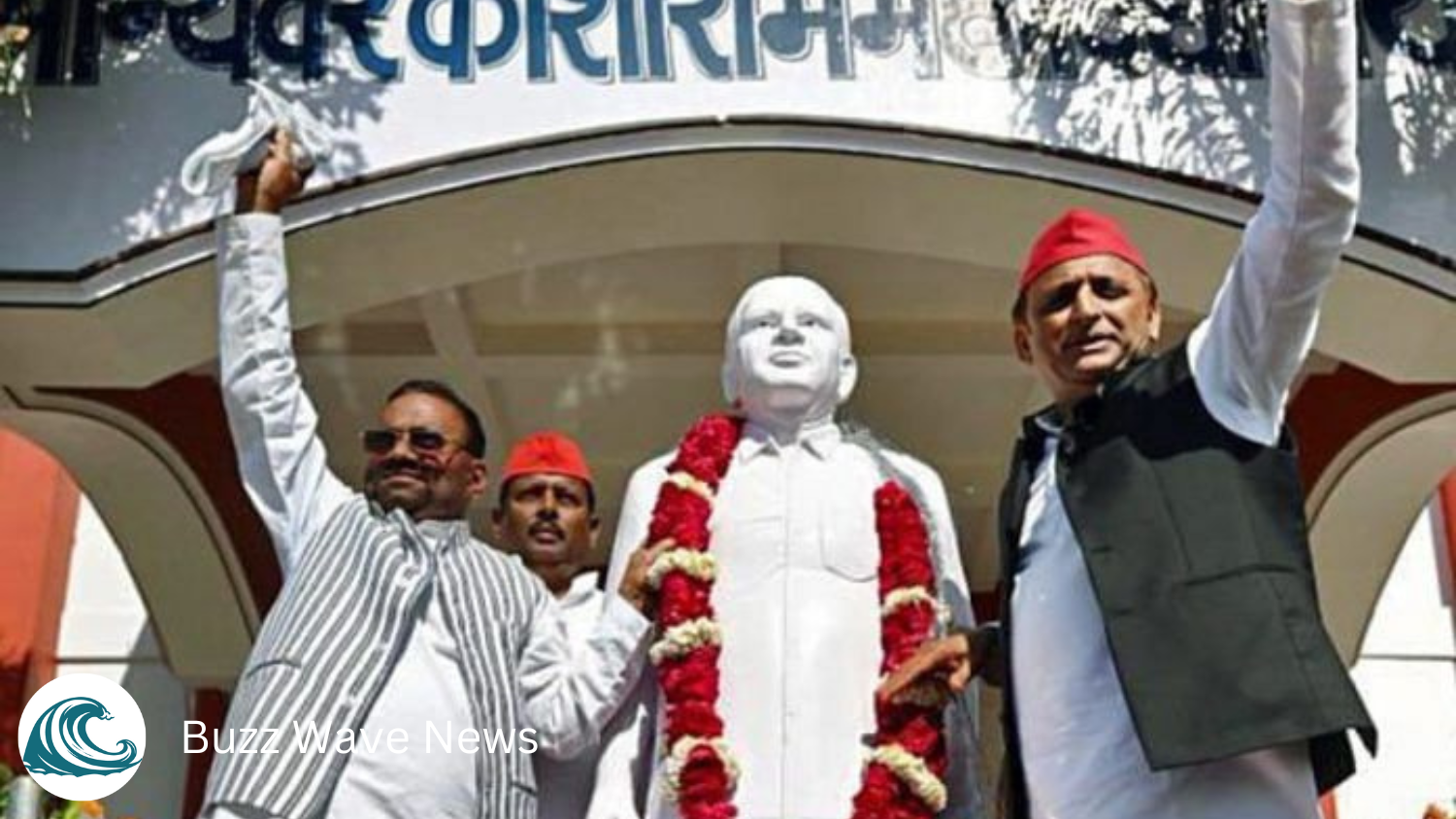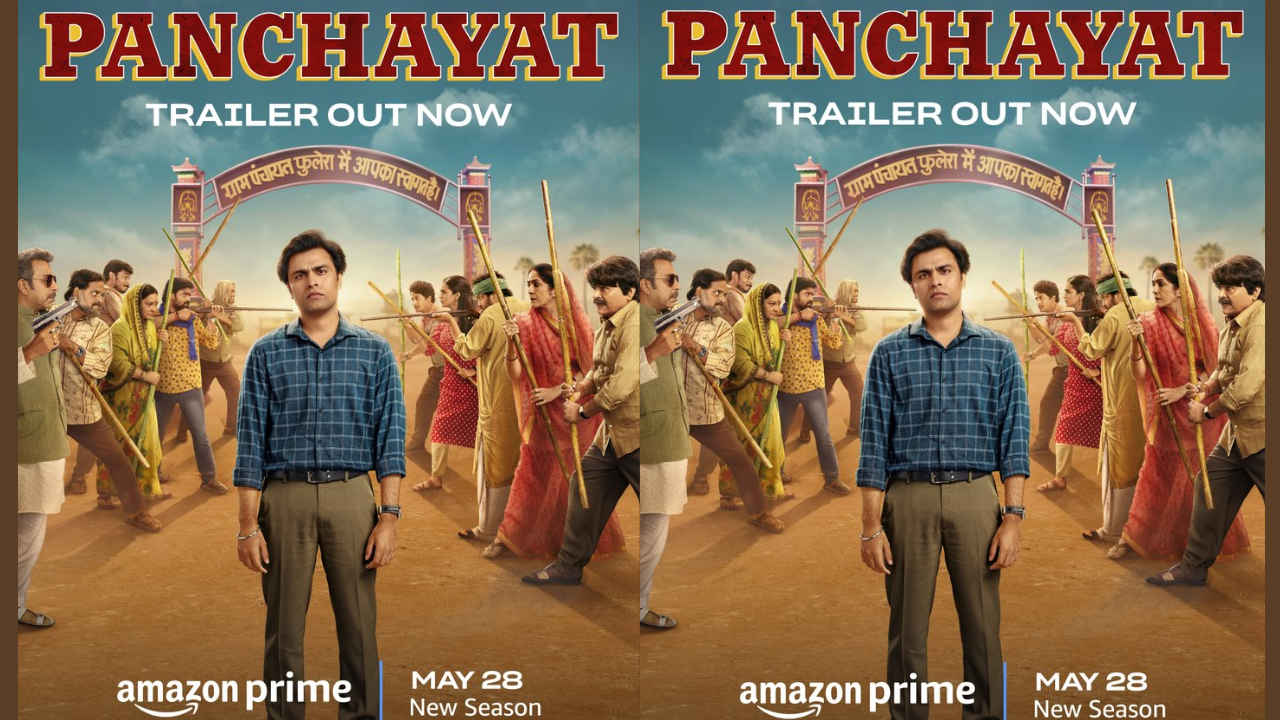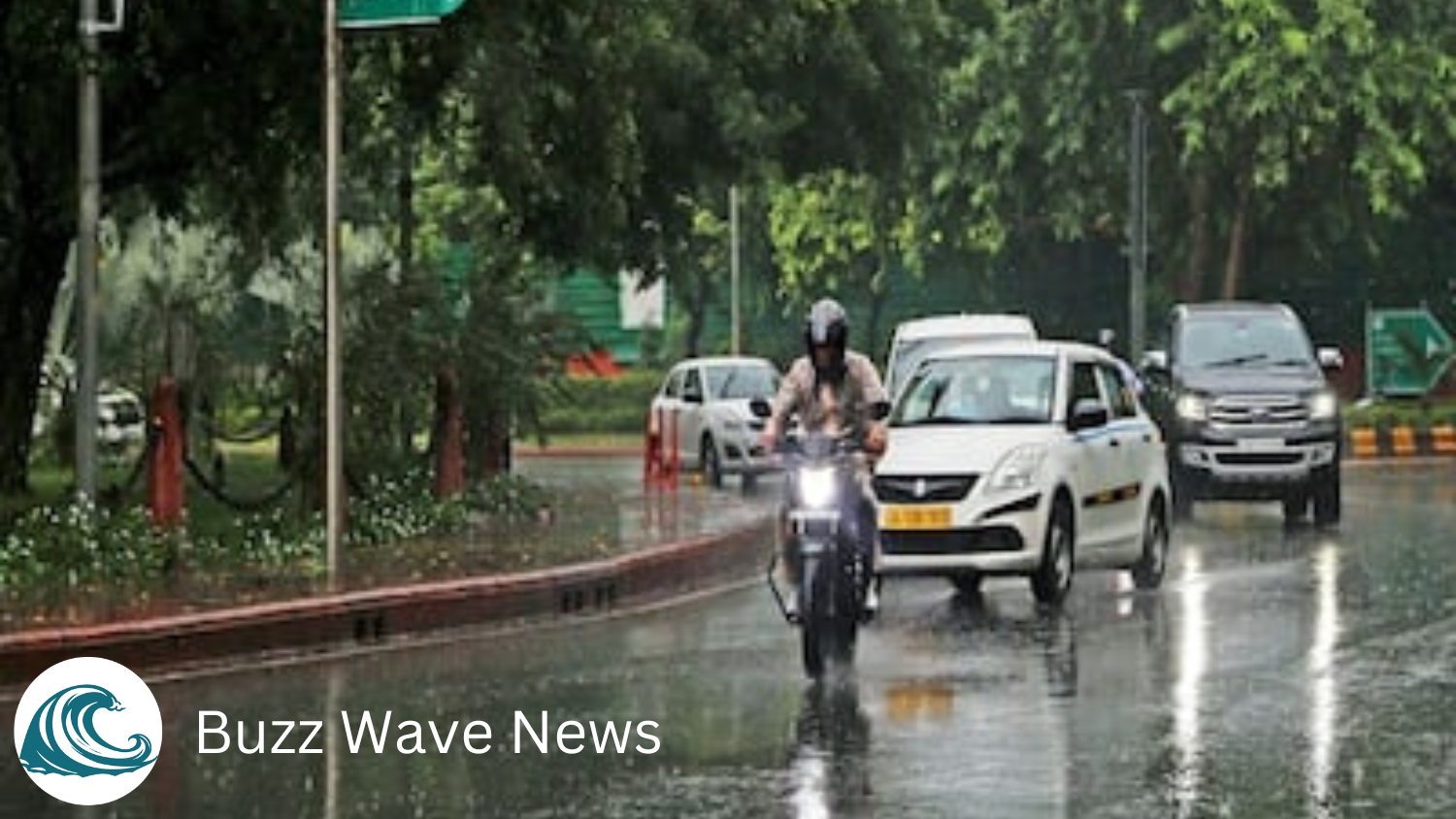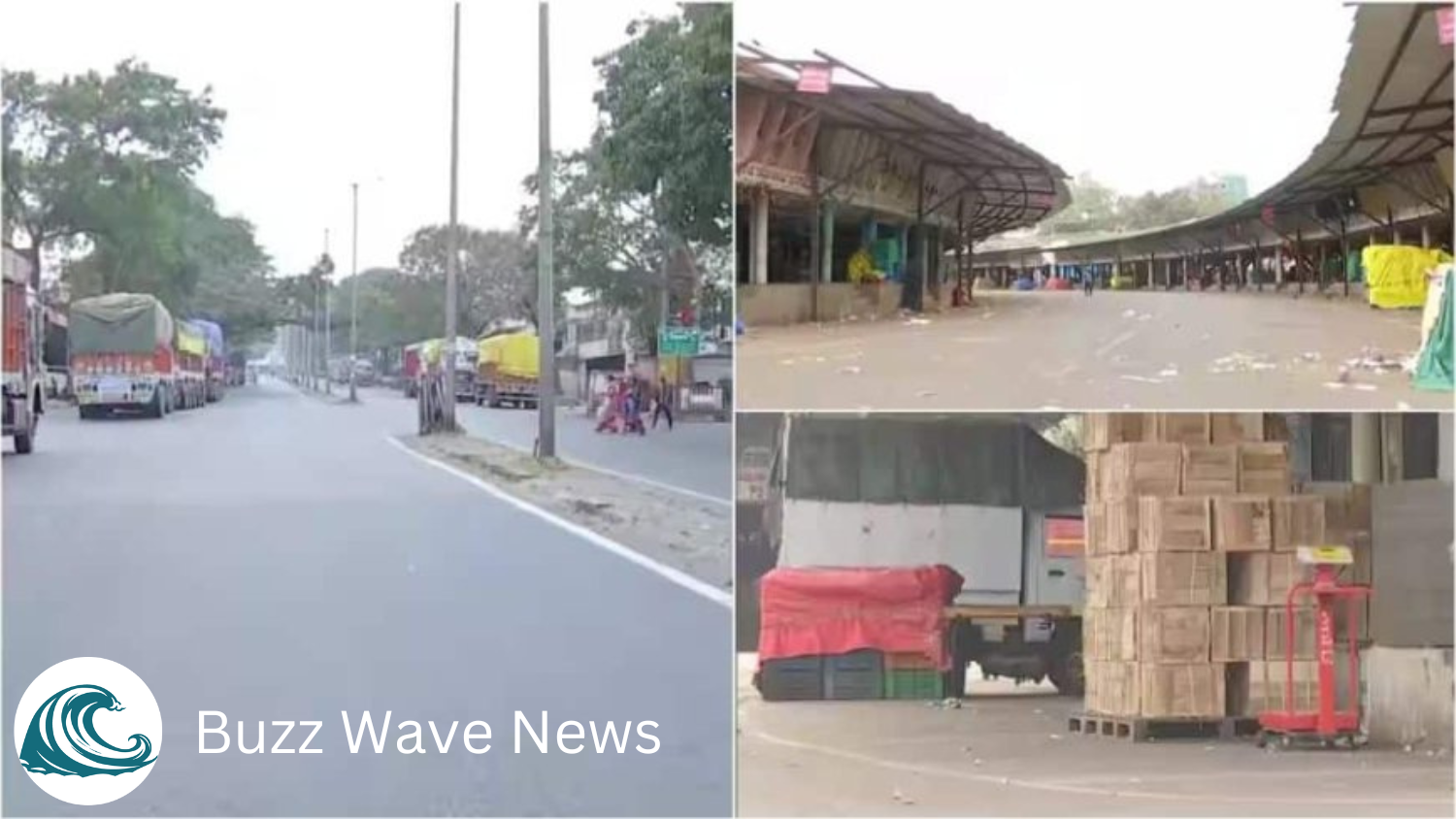In a recent session of the Rajya Sabha, IT Minister Ashwini Vaishnaw addressed concerns regarding the potential shutdown of WhatsApp services in India.
His statement was in response to a query raised by Congress member Vivek Tankha, who questioned whether WhatsApp was planning to cease its operations in the country due to government directives. Vaishnaw’s clarification provided reassurance to the millions of WhatsApp users in India and shed light on the government’s stance on social media regulations.
Background
WhatsApp, owned by Meta (formerly Facebook), is one of the most widely used messaging platforms in India, with over 400 million users. Its popularity stems from its ease of use, end-to-end encryption, and a range of features that cater to personal, professional, and business communication needs. Given its extensive user base, any potential disruption to its services would have significant implications.
The Query in Rajya Sabha
On July 26, 2024, Vivek Tankha raised a pertinent question in the Rajya Sabha, the upper house of India’s Parliament. He inquired if WhatsApp was considering shutting down its services in India in light of the government’s directives to share user details under Section 69A of the Information Technology Act, 2000. This section grants the government the authority to issue directions for blocking public access to any information through any computer resource if it is necessary or expedient to do so in the interest of the sovereignty and integrity of India, defense of India, state security, friendly relations with foreign states, or public order.
IT Minister’s Response
In his written reply, IT Minister Ashwini Vaishnaw categorically stated that neither WhatsApp nor Meta had informed the government of any plans to discontinue their services in India. He emphasized that the Ministry of Electronics and Information Technology (MeitY) had not received any such notification from the companies. Vaishnaw’s response was based on information provided by MeitY and was intended to dispel rumors and concerns regarding the future of WhatsApp in India.
Government Directives and Social Media Platforms
Tankha’s question was rooted in the broader context of the Indian government’s regulatory approach towards social media platforms. Over the past few years, the government has tightened regulations on digital platforms to ensure compliance with Indian laws and to address concerns related to national security, public order, and user privacy. The directives issued under Section 69A of the IT Act are part of these regulatory efforts.
The Importance of Section 69A of the IT Act
Section 69A of the Information Technology Act, 2000, is a critical legal provision that empowers the Indian government to block access to information in the interest of national security and public order. The section has been invoked in various instances to curb the dissemination of content deemed harmful or inflammatory. It provides the legal framework for the government to take swift action against digital platforms that fail to comply with its directives.
Balancing Security and Privacy
One of the primary concerns surrounding the implementation of Section 69A is the balance between national security and user privacy. While the government has a legitimate interest in safeguarding the country against threats and maintaining public order, there is also a need to protect individual privacy and freedom of expression. This delicate balance is at the heart of the ongoing debate between the government and digital platforms.
WhatsApp’s Position
WhatsApp, known for its strong stance on user privacy and end-to-end encryption, has previously expressed concerns over complying with certain government directives that could compromise user data. The platform’s encryption ensures that only the communicating users can read the messages, and even WhatsApp itself cannot access the content. This feature has been a cornerstone of WhatsApp’s appeal but has also brought it into conflict with governments seeking access to data for security reasons.
Meta’s Role
As the parent company of WhatsApp, Meta has a significant influence on the platform’s policies and operations. Meta has consistently advocated for user privacy and encryption but has also faced pressure from various governments worldwide to comply with local laws and regulations. The company’s approach to handling these pressures and maintaining its commitment to user privacy is crucial in navigating regulatory challenges in different jurisdictions, including India.
Government’s Stance on Social Media Regulation
The Indian government has maintained that its regulatory measures are aimed at protecting national interests and ensuring the accountability of social media platforms. The directives issued are intended to prevent the spread of misinformation, incitement to violence, and other activities that could harm public order and national security. The government has also highlighted the need for digital platforms to comply with Indian laws and cooperate with law enforcement agencies when necessary.
Impact on Users
The clarification from IT Minister Ashwini Vaishnaw is a relief for WhatsApp users in India, who rely on the platform for daily communication. The assurance that there are no plans for a shutdown helps maintain user confidence and stability in the digital communication landscape. However, it also underscores the ongoing tension between regulatory compliance and user privacy that digital platforms must navigate.
The Future of Digital Regulation in India
The dialogue between the government and digital platforms like WhatsApp is indicative of the broader challenges in regulating the digital ecosystem. As technology evolves and the digital landscape becomes more complex, the need for clear, balanced, and transparent regulatory frameworks becomes increasingly important. Ensuring that regulations protect national interests while also upholding user rights and privacy will be crucial for the future of digital regulation in India.
Conclusion
IT Minister Ashwini Vaishnaw’s statement in the Rajya Sabha has provided much-needed clarity regarding the status of WhatsApp in India. By confirming that neither WhatsApp nor Meta has indicated any plans to shut down services, the government has reassured millions of users and addressed concerns raised by recent directives under Section 69A of the IT Act.
This development highlights the ongoing challenges in balancing national security with user privacy and the importance of maintaining open dialogue between the government and digital platforms. As the digital landscape continues to evolve, it is essential for regulatory frameworks to adapt in ways that protect both national interests and individual freedoms.















